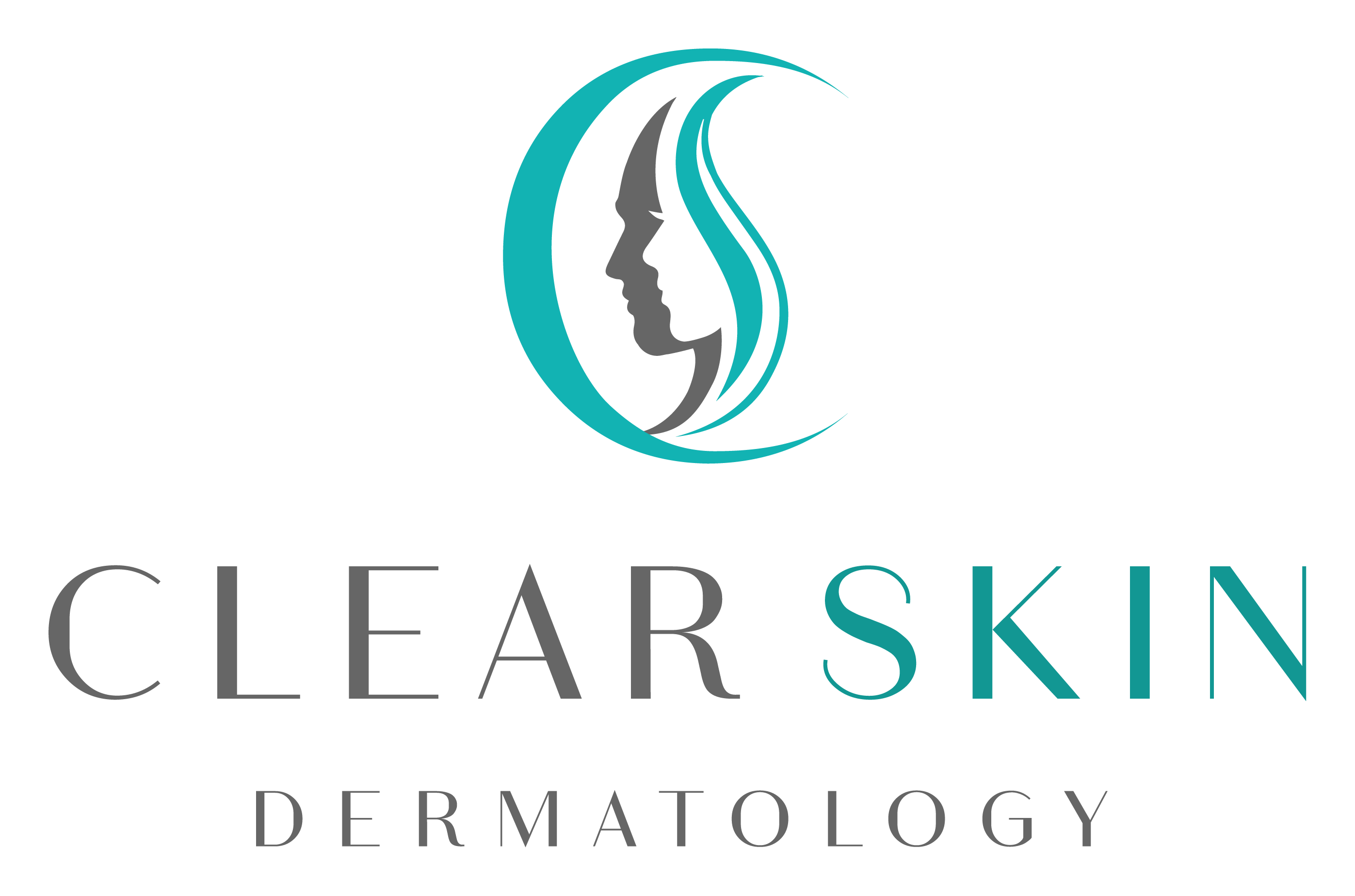If you’ve discovered a rash that is causing you discomfort, call Clear Skin Dermatology in Clearwater, FL to schedule a consultation with Dr. Epstein or one of our practitioners who can assess your condition and generate a treatment plan that can bring much-needed relief.
Expert Care for Radiant Skin
A rash is a general term to describe any kind of inflammation or discoloration to the skin. There are many sorts of rashes, including hives, heat rash, athlete’s foot, and contact dermatitis. Rashes are often caused by an infection that is fungal, parasitic, bacterial, or viral. Some rashes aren’t contagious, but others can be easily spread when left untreated.

RASH CAUSES
There isn’t necessarily any sole cause of a rash since there can be multiple aspects. Ordinarily, a rash develops when someone comes into contact with something that causes an infection or allergic reaction. Things, like cleaning chemicals, certain soaps or lotions, animal dander, and pollen, can result in an allergic reaction that leads to the beginning of a rash. There are hundreds of different viruses and bacteria that could play a part as well. Those with hay fever, sensitive skin, allergies, and asthma are often more prone to acquire rashes.
RASH SYMPTOMS
There are several distinct types of rashes that exhibit varying symptoms. Frequent symptoms include redness or discoloration to the skin, blisters, inflammation, itching, burning, and stinging. These symptoms can be mild to severe and can cover a large or small area of the body. A rash can happen almost anywhere on the body where bacteria or infection has contaminated the skin.
RASH TREATMENT OPTIONS
Treatment will probably be different for everyone. During your initial consultation, Our Board Certified providers will carefully analyze your skin to determine a diagnosis and treatment plan. She will take into consideration the certain sort of rash, location, and severity to design a customized treatment program. Often times, an antibacterial, antifungal, or antibiotic topical cream or gel will be used to ease and manage symptoms.


